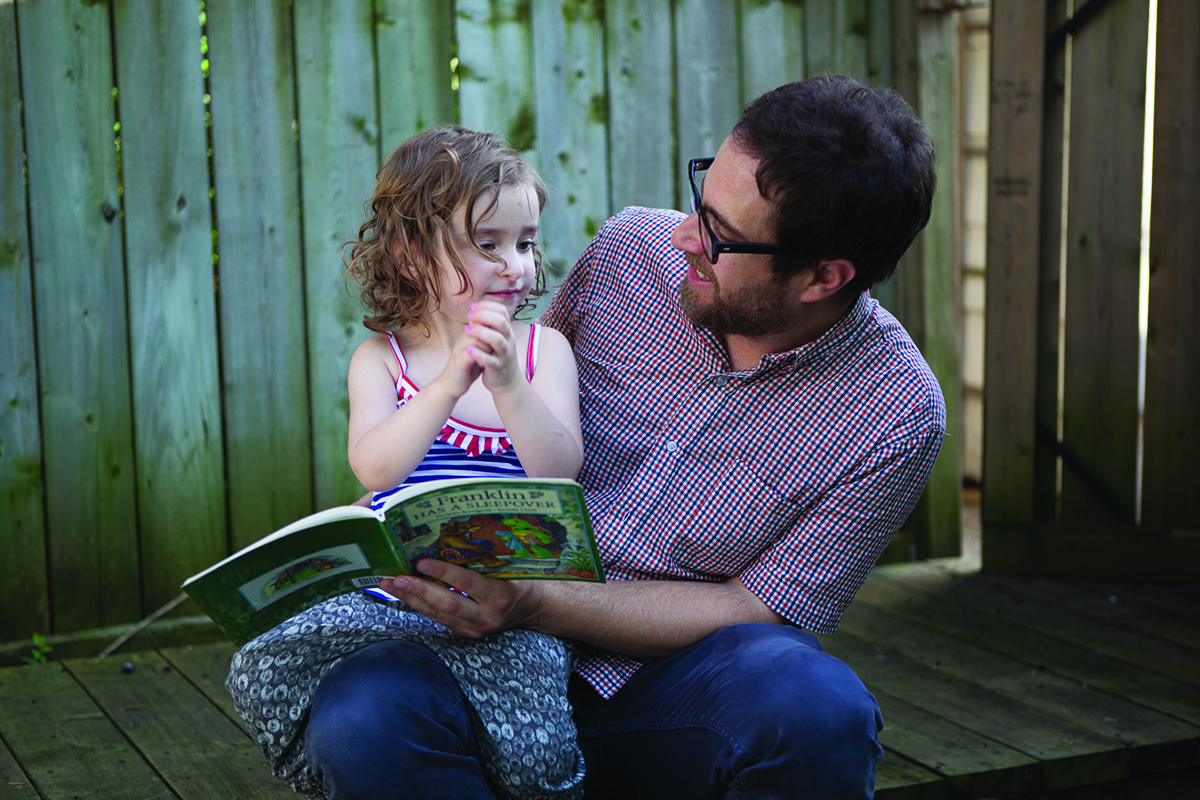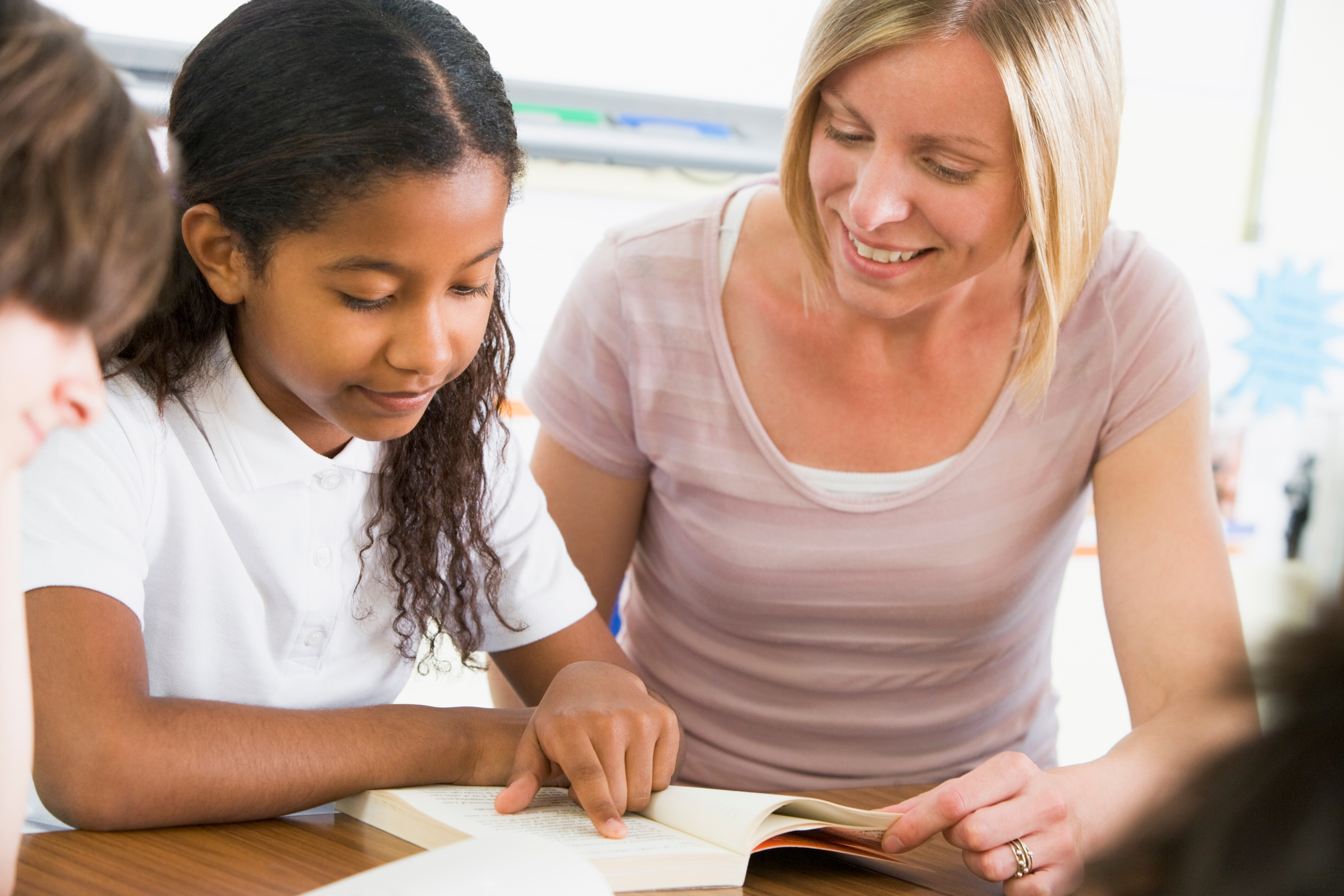Toddlers to Teens: Early Literacy Shapes Your Child’s Future

Reading is a critical skill for children’s success at school, but around the world, child literacy rates are falling.1 By the time they enter Grade 1 (age 6), many children are being left behind when it comes to reading.
As a parent, you have an important role to play in supporting your child’s early literacy skills, such as growing their vocabulary, building their understanding of stories, and recognizing written words.
Let’s take a closer look at a recent study that shows that when parents support children’s early literacy by reading to them, telling stories and encouraging them to write, children are more motivated to participate and engage at school from Grade 1 right through high school.
Long-term effects of early literacy activities at home on children
Researchers in Canada followed nearly 2000 children (1006 boys, 991 girls) over 15 years.2 At four different stages, information about each child’s development was reported by parents, teachers, and/or the children themselves.

Parents were asked about how often:
- They read books with their child
- Their child looked at books, magazines, etc.
- Their child played with pencils or markers
What they found: Half of all families participated in these early literacy activities often.2
 Teachers were asked questions about the children’s classroom participation and activities, including how often each child:
Teachers were asked questions about the children’s classroom participation and activities, including how often each child:- Followed instructions / rules
- Worked independently
- Worked cooperatively with peers
What they found: Children who experienced more early literacy activities
at home had higher participation in the classroom at age 6.2
 Teachers were asked questions about the children’s classroom participation and activities.
Teachers were asked questions about the children’s classroom participation and activities.
The children themselves were asked questions about how their “school engagement,” including:
- How much they like school
- How important is getting good marks
What they found:
- Girls who experienced more early literacy activities at home had higher participation in the classroom at age 12, as reported by their teachers.2
- Boys who experienced more early literacy activities at home self-reported
higher school engagement at age 12.2
 The (now) teenagers were asked questions about their “school engagement” (i.e., their interest in and feelings about school).
The (now) teenagers were asked questions about their “school engagement” (i.e., their interest in and feelings about school).
What they found: Teens who had experienced more early literacy activities at home at age 2 self-reported higher school engagement at age 17.2
A story of school success at each (p)age
This study shows that when parents of preschool-aged children spend time in early literacy activities more often, it can make a big difference in their child’s level of engagement and success throughout their school years.2
Not only did teachers report more classroom engagement, but 12- and 17-year-olds themselves reported more engagement and motivation to learn at school.2
This study supports a key understanding about children’s development. That is, when young children interact with their parents about the things that motivate and interest them, it accelerates their learning.

As a parent, you have the power to set the stage for your child’s later school success through natural, everyday interactions – and it’s never too early to start!
Children benefit from many opportunities to think and talk about books. The Hanen approach focuses on supporting meaningful, back-and-forth interactions between you and your child, including while sharing books together.
One of the best ways to get started supporting your child’s early literacy skills is to turn book-reading into a back-and-forth conversation, even while your child is still very young. When you share books with your child, remember:
- What’s most important is that your child learns that sharing books together is fun so they want to do it often. Don’t worry about reading the book from beginning to end or reading every word on each page. You may notice that your child wants to spend more time on their favourite pages or pictures and it’s okay to let them “read” the book their way.
- Observe, Wait and Listen™ to notice what your child is interested in or what they want to communicate about. Wait for your child to send a message to you by pointing, looking, making a sound, or saying something.
- Respond immediately to your child’s message using a simple, grammatical sentence. For example, if your child points to a dog on the page and makes a sound, you could respond by saying, “That dog is barking! He’s going woof woof!”
- Wait again to give your child a chance to send you another message about what’s in the book
To learn more about the early literacy skills your child needs to learn, and to get practical tips for building them, visit our Early Literacy page.
Similar articles by tag:
Early Literacy | Vocabulary | Language Development | Interactive Book Reading | Story Comprehension
